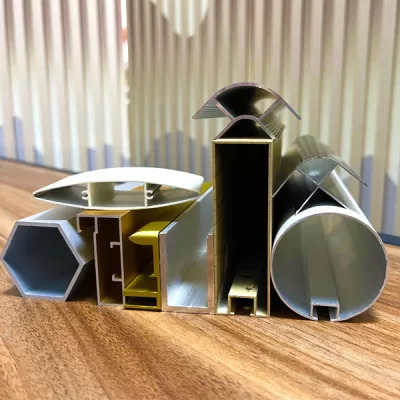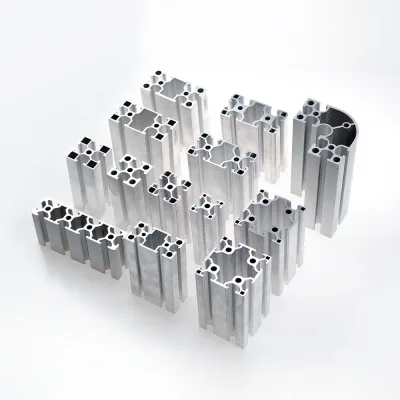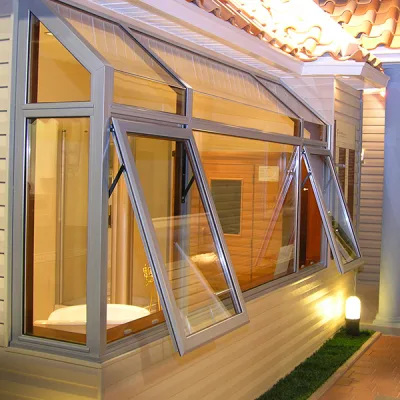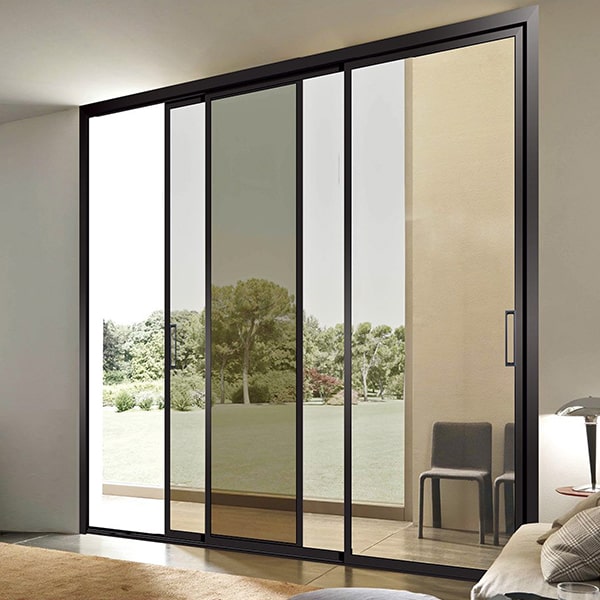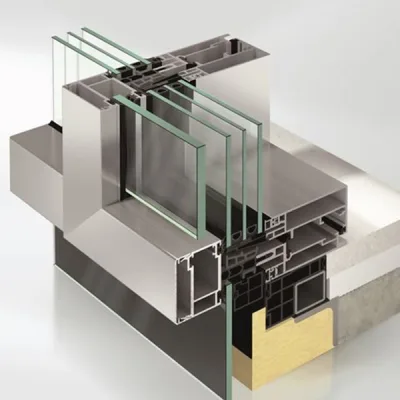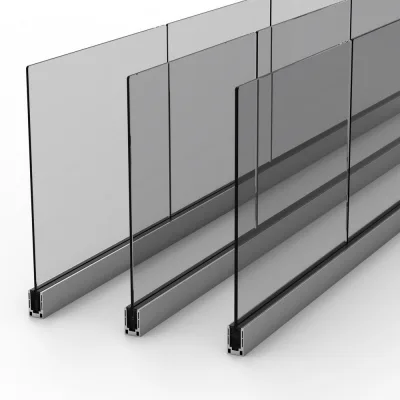-
- Assign a menu in Theme Options > Menus WooCommerce not Found
- Newsletter
Advantages of Using Aluminum Window Frame Profiles in Modern Design
2024-11-27
Aluminum window frame profiles, which combine durability, functionality, and aesthetics, have emerged as essential components of contemporary architecture and design. They are the ideal choice for any residential or commercial building as energy efficiency, sustainability, and modern styles become more and more important in building design.
Their special qualities and versatility make them an essential part of contemporary design, combining strength, adaptability, and creativity to meet the needs of the building sector. Here, we explore the key advantages of using aluminum window frame profiles in modern design.
Strength and Durability
The greatest advantages of aluminum window frame profiles include their strength and durability. They can handle a lot of weight and provide excellent resistance against deformation over time. Unlike wood, which may warp or rot, or plastic, which may crack or fade, aluminum does not lose its structural integrity even in tough environmental conditions.
Moreover, aluminum frames are naturally resistant to corrosion and can remain intact and functional for decades. If surface treatments such as anodizing or powder coating are applied, the frames acquire further protection against scratches, fading, and weathering, thus also making them suitable for use in different kinds of climates, even coastal regions with high humidity and salt exposure.
Sleek and Modern Aesthetics
Aluminum window frame profiles have modern designs, offering clean lines and a minimalist appearance that works well with most of today’s architectural styles. Their strength enables the design of narrow profiles that maximize glass areas, offering wide vistas and furthering the penetration of natural light into rooms.
Moreover, aluminum frame profiles are available in a wide range of finishes and colors, enabling architects and designers to match the frames with the overall building aesthetic. Whether you want a matte, metallic, or textured appearance, aluminum provides endless design possibilities to suit diverse preferences.

Energy Efficiency and Thermal Performance
Modern aluminum window frame profiles are designed with energy efficiency in mind, responding to an ever-growing demand for sustainable and green buildings. Although aluminum is a good conductor of heat, advanced insulation technologies have significantly improved its thermal performance.
Thermal breaks include placing inserts or strips of non-conductive materials inside the frames, like polyamide strips, for better heat transfer minimization and enhancement of energy performance. These advancements in the process have enabled aluminum frames to also meet strict energy codes and standards, regulating indoor temperature, reducing general energy consumption, and lowering heating and cooling costs.
Flexibility and Versatility
Aluminum’s flexibility makes it an ideal material for crafting custom window designs that meet specific project requirements. From standard rectangular windows to complex geometric shapes, aluminum profiles can be extruded and fabricated into a wide variety of configurations. This versatility allows designers to experiment with innovative styles and achieve unique architectural visions.
They are also compatible with various opening types such as casement, sliding, awning, and tilt-and-turn windows. Their versatility means they can easily fit into many types of buildings-from the gleaming office tower to the modern house or the heritage building given a contemporary face-lift.
Low Maintenance Requirements
Another important advantage of aluminum window frame profiles is that they require very little maintenance. Unlike wood, which requires periodic painting or sealing, and unlike steel, which rusts and needs treatment, aluminum requires little care and can easily maintain its appearance.
This low-maintenance quality makes the aluminum frames particularly appealing for big projects, either commercial or high-rise building projects, due to the ongoing upkeep that is costly and requires much effort. Their durability and resistance to environmental factors reduce the need for frequent repairs or replacements, thus offering long-term cost savings.
Conclusion
Aluminum window frame profiles are a popular option in contemporary design because of their many benefits. From strength and durability to sleek aesthetics and energy efficiency, these frame profiles provide a flexible and sustainable way to design modern spaces.
